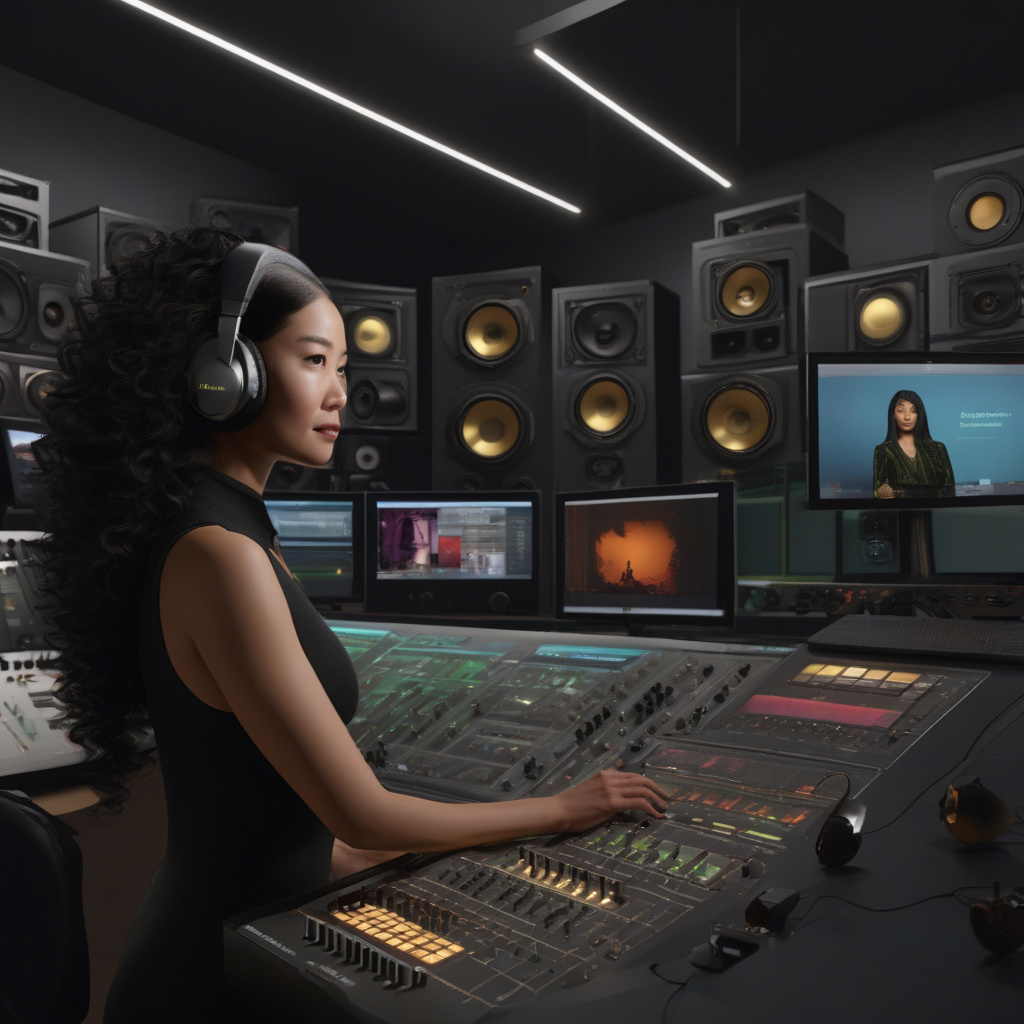Audible and Spotify Leveraging AI to Scale Audiobook Production
In the fast-paced world of digital content consumption, audiobooks have carved out a significant niche, providing on-the-go entertainment and education for millions of listeners worldwide. As the demand for audiobooks continues to soar, industry giants like Audible and Spotify are constantly seeking innovative ways to scale their production and cater to a diverse audience. One such strategy that is gaining momentum is the use of artificial intelligence (AI) to generate voices for audiobook narration.
Audible, a subsidiary of Amazon, has been at the forefront of the audiobook industry, offering a vast library of titles across genres and languages. To further expand its audiobook collection, Audible has recently introduced AI-generated voices as narration options. With over 100 voice options available in multiple languages, Audible is leveraging AI technology to streamline the production process and offer a wider range of audiobooks to its subscribers.
By harnessing the power of AI, Audible can quickly generate high-quality narration for a diverse array of titles, reducing the time and resources traditionally required for recording audiobooks with human narrators. This not only allows Audible to scale its production efficiently but also enables the platform to offer audiobooks in languages and dialects that may not have been feasible otherwise.
In addition to Audible, Spotify, known primarily as a music streaming service, has also recognized the potential of audiobooks in its content portfolio. By partnering with publishers and authors to offer audiobooks on its platform, Spotify aims to tap into the growing demand for spoken-word content. Utilizing AI for audiobook production could be the next step for Spotify to enhance its offerings and attract a larger audience of audiobook enthusiasts.
The integration of AI-generated voices in audiobook production raises questions about the future of narration and the impact on traditional voice actors. While AI technology can certainly streamline the production process and offer cost-effective solutions for audiobook publishers, some may argue that human narrators bring a unique emotional depth and connection to the storytelling experience. As AI continues to advance, striking a balance between efficiency and creativity will be crucial for audiobook platforms to maintain the quality and authenticity of their content.
Despite the ongoing debate surrounding AI-generated voices, the collaboration between Audible and Spotify to leverage AI for audiobook production signifies a shift towards innovation and scalability in the industry. By embracing AI technology, these platforms are not only expanding their audiobook libraries but also reaching new audiences and markets with diverse language options.
As the demand for audiobooks continues to rise, the use of AI in production is likely to become more prevalent across the industry. Whether it’s for efficiency, diversity, or accessibility, AI has the potential to revolutionize the way audiobooks are created and consumed, offering endless possibilities for publishers, platforms, and listeners alike.
In conclusion, the integration of AI-generated voices by Audible and Spotify represents a significant step towards scaling audiobook production and meeting the evolving demands of digital consumers. By embracing AI technology, these industry leaders are paving the way for a more diverse, accessible, and innovative audiobook landscape.
audiobooks, AI technology, digital content, Audible, Spotify












